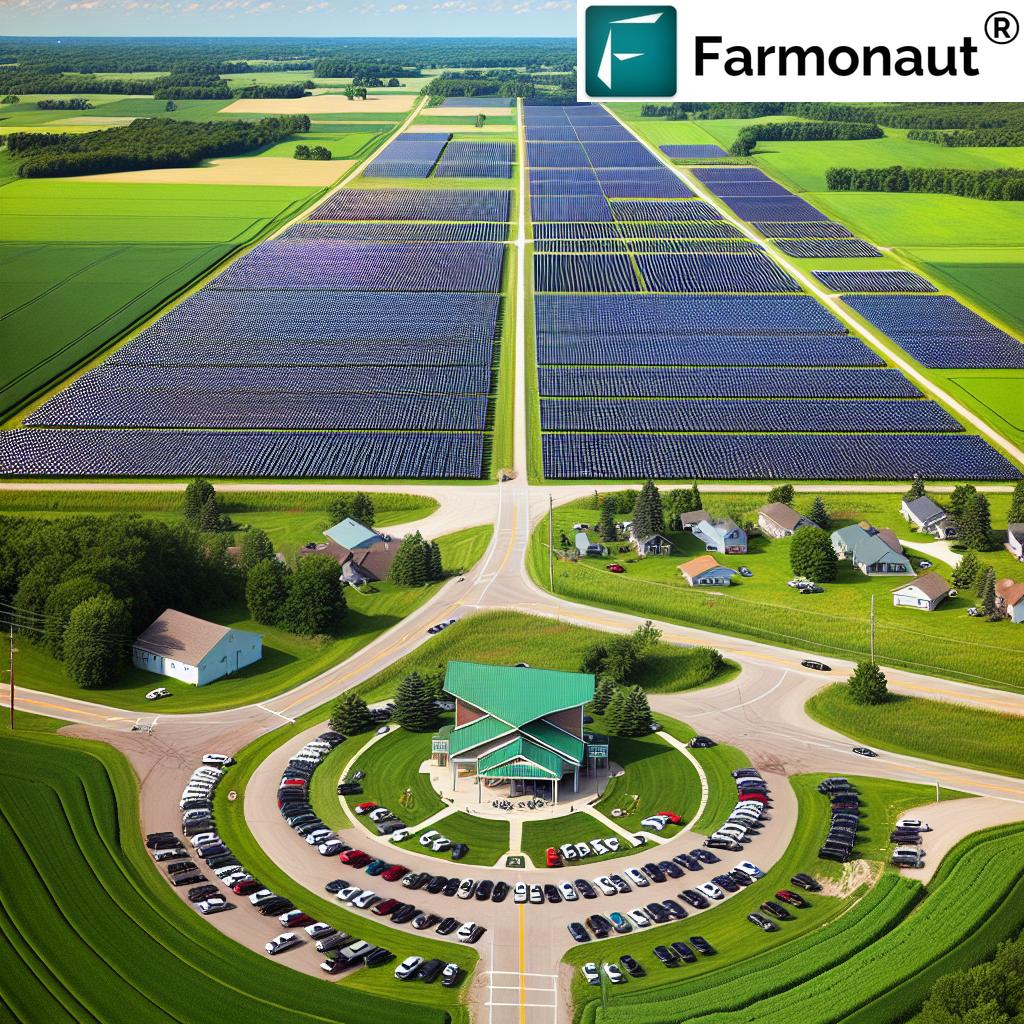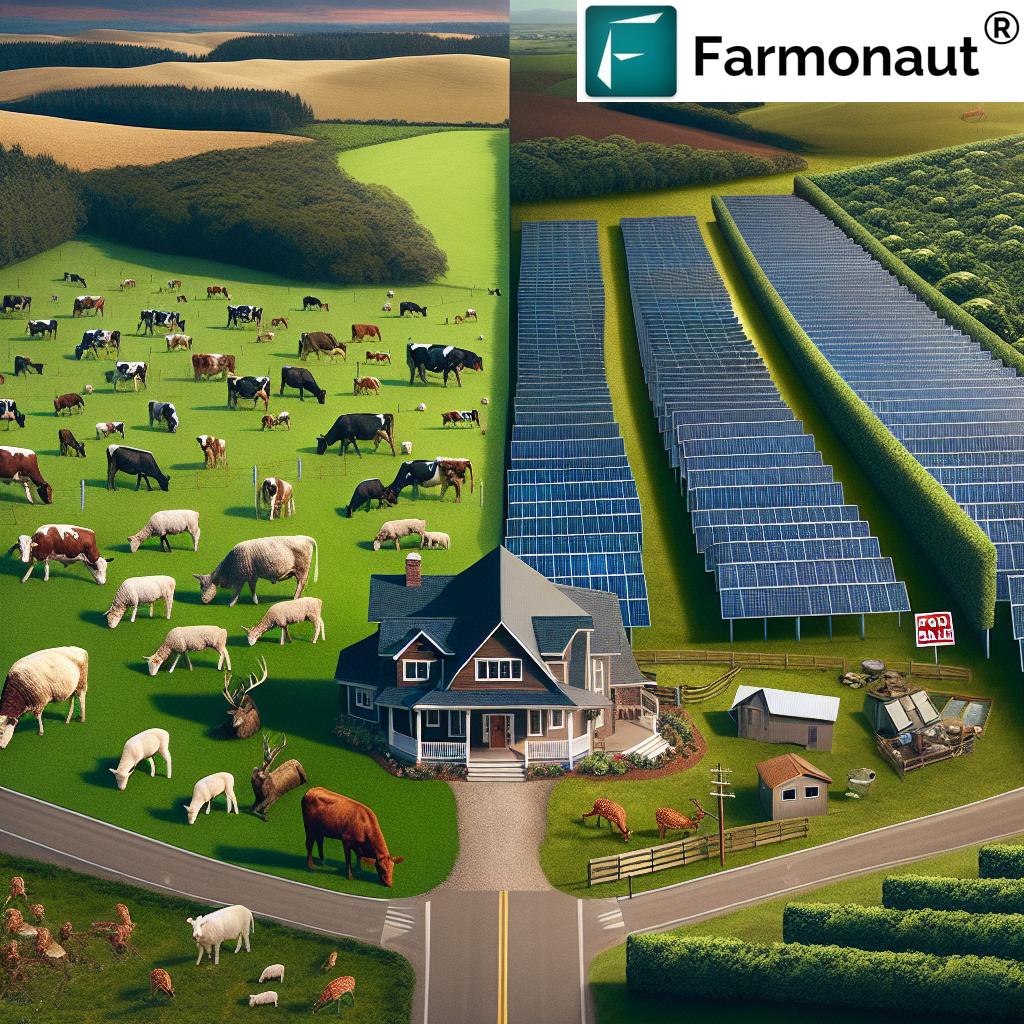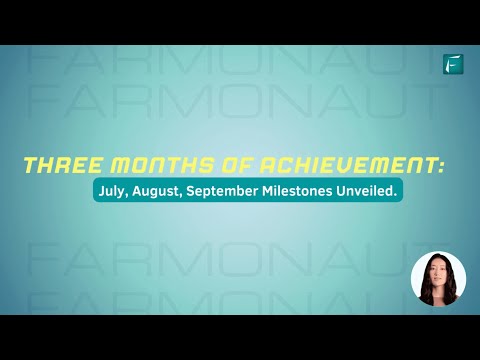Grass Lake Solar Farm Controversy: Residents Voice Concerns Over Zoning, Property Values, and Community Impact
“Michigan’s Grass Lake Solar Farm controversy involves over 1,000 acres of rural land proposed for solar development.”
In the heart of Michigan, a contentious debate has erupted over the proposed Grass Lake Solar Farm development. This solar farm development has sparked a fierce controversy among local residents, raising significant concerns about zoning laws, property values, and the overall impact on the community. As we delve into this complex issue, we’ll explore the various perspectives and challenges surrounding this residential solar project in Grass Lake Township, MI.
The Genesis of the Grass Lake Solar Farm Proposal
For the past two years, plans to construct a solar farm in Grass Lake Township have been in development. However, despite the passage of time, many local residents have not warmed to the idea. The project, operated by NextEra Energy Resources under the name Grass Lake Solar, has faced numerous hurdles and setbacks.
In April 2024, the developers withdrew an application to rezone six parcels of single-family residential space to agricultural land. This move came after significant pushback from the community. However, recent indications suggest that Grass Lake Solar intends to resume development, reigniting concerns among residents.

Resident Concerns: A Closer Look
The proposed solar farm has raised numerous concerns among Grass Lake residents. Let’s examine some of the key issues voiced by community members:
- Zoning and Land Use: Many residents argue that the proposed site is zoned for residential use, not for large-scale energy development.
- Property Values: There are fears that the presence of a solar farm could negatively impact property values in the surrounding area.
- Environmental Impact: Concerns have been raised about soil disruption and the potential impact on local wildlife.
- Fire Safety: Some residents worry about the fire department’s ability to handle potential incidents at the solar farm.
- Community Character: There’s a sentiment that the solar farm could alter the rural character of the township.
Voices from the Community
To better understand the concerns of Grass Lake residents, let’s hear from some of the individuals directly affected by this proposed development:
Frank Martin: Concerns Over Property Values and Local Control
Frank Martin, a 35-year-old resident living on Bellman Road, about two miles west of the proposed solar site, expressed sympathy for those living closer to the development. He believes the project threatens to diminish the value of residential property in the area.
Martin is particularly concerned about recent state legislation that has altered the approval process for large wind and solar projects. He views this change as a “debacle” that limits the power communities have over their own land. “If this continues, it will just set a pathway for other companies to take advantage of small townships and their country landscapes,” Martin stated. He questions why these companies don’t build in areas where land is already developed.
Amy Stephens: Zoning and Environmental Concerns
Amy Stephens, a 58-year-old resident living directly across from part of the development on Grey Tower Road, has been a Grass Lake resident for 30 years. While not opposed to solar farms in general, she believes the proposed location is inappropriate.
“[The land] is not zoned for development, it’s zoned residential – it’s a neighborhood,” Stephens emphasized. She expressed concerns about the environmental impact, stating, “The topsoil is going to be ripped away, and it’s never going to be back to how it is now. You ask any farmer. Everything’s going to be affected, from wildlife to our lives, to the value of our homes.”
Charlene Shear: Fire Safety Worries
Charlene Shear, a 64-year-old resident who moved to Grass Lake from Gladwin in October 2022, expressed concerns about fire safety. She worries that the on-call volunteer Grass Lake Fire Department might not be equipped to handle a fire event at the large proposed solar farm.
“It’s kind of a scary thing to think it’s only going to be 50 feet from my house,” Shear said. “There’s no qualified fire department to put out a fire if there is one.”
Fire Department Response
Addressing these concerns, Grass Lake Fire Chief Greg Jones stated that his department would handle a possible solar array fire like they handle a typical electrical fire at a residential building. The most crucial step, according to Jones, would be to call Consumers Energy to shut off the power before flame suppression could begin.
“As far as handling any type of fire that the solar farm would give off, I don’t see where we’d have any issues with that,” Jones assured.
The Role of Local Government
The Grass Lake Township government has been actively involved in managing this controversial issue. In October 2023, the township placed a one-year moratorium on the project to allow officials and residents time to consider the proposal. This moratorium led NextEra to withdraw its application temporarily.
Now that the moratorium has expired, the township is working with developers to craft an ordinance that balances community needs with solar energy expansion in agricultural areas. Township Supervisor John Lesinski has stated that a public meeting with more information on the project is planned for February, though the exact date has not yet been set. A decision on the project’s future could come as early as March.
The Broader Context: Solar Energy and Rural Communities
The Grass Lake solar farm controversy is not an isolated incident. It reflects a broader trend of rural solar development challenges faced by communities across the United States. As the push for renewable energy intensifies, rural areas are increasingly being targeted for large-scale solar projects due to the availability of open land.
This trend has led to a complex interplay of factors, including:
- Economic opportunities: Solar farms can bring significant economic benefits to rural areas, including increased tax revenue and job creation.
- Land use conflicts: The conversion of agricultural or residential land to solar farms can alter the character of rural communities.
- Environmental considerations: While solar energy is clean, the installation of large-scale solar farms can have local environmental impacts.
- Policy changes: State and federal policies promoting renewable energy can sometimes conflict with local zoning and land-use regulations.
“Recent state legislation in Michigan has altered approval processes for renewable energy projects exceeding 50 megawatts.”
The Impact of State Legislation on Local Control
One of the most contentious aspects of the Grass Lake solar farm controversy is the impact of recent state legislation on local zoning laws for solar projects. In 2023, Michigan passed legislation that altered the approval process for large renewable energy projects, including solar farms.
This legislation has effectively reduced the power of local municipalities to control the siting and approval of large-scale solar and wind projects. The law applies to projects that exceed 50 megawatts in capacity, which would include the proposed Grass Lake solar farm.
Proponents of the law argue that it’s necessary to streamline the development of renewable energy projects and help Michigan meet its clean energy goals. However, critics, including many Grass Lake residents, see it as an infringement on local control and community self-determination.
Property Values and Solar Farms: A Complex Relationship
One of the primary concerns voiced by Grass Lake residents is the potential solar farm impact on property values. This is a common worry in communities facing large-scale solar developments, but the reality is more nuanced than many assume.
Research on the impact of solar farms on nearby property values has produced mixed results:
- Some studies have found no significant impact on property values.
- Others have noted small decreases in value for properties immediately adjacent to solar farms.
- In some cases, solar farms have been associated with increased property values due to improved local infrastructure or increased tax revenue.
The actual impact can depend on various factors, including the size and visibility of the solar farm, the character of the surrounding area, and local economic conditions.

Environmental Considerations: Beyond Clean Energy
While solar energy is generally considered environmentally friendly due to its low carbon emissions, the installation of large-scale solar farms can have local environmental impacts. Some of the concerns raised by Grass Lake residents include:
- Soil disruption: The installation of solar panels can involve significant earth-moving, potentially disrupting local ecosystems.
- Wildlife impact: Solar farms can alter habitats and potentially disrupt wildlife migration patterns.
- Loss of agricultural land: Converting farmland to solar farms raises concerns about food security and the preservation of rural landscapes.
These concerns highlight the need for careful environmental impact assessments and mitigation strategies in solar farm development.
The Role of Technology in Addressing Concerns
As controversies like the Grass Lake solar farm situation unfold, technology can play a crucial role in addressing some of the concerns raised by residents. For instance, advanced satellite-based monitoring systems can help assess and mitigate environmental impacts.
Companies like Farmonaut provide satellite-based farm management solutions that could be adapted to monitor the environmental impact of solar farms. While Farmonaut’s primary focus is on agricultural applications, its technology for monitoring vegetation health and soil moisture could potentially be used to assess the ecological effects of solar farm installations.
Community Response and Engagement
The community response to solar farms in Grass Lake has been largely negative, with many residents expressing concerns at public meetings and through other channels. This highlights the importance of community engagement in renewable energy projects.
Effective community engagement strategies for solar farm developments might include:
- Early and transparent communication about project plans
- Community information sessions and public forums
- Collaboration with local stakeholders in project planning
- Offering community benefits packages
- Addressing concerns through project design modifications
The upcoming public meeting in Grass Lake presents an opportunity for improved dialogue between developers, local officials, and residents.
The Approval Process: Balancing Interests
The township solar project approval process in Grass Lake is at a critical juncture. With the moratorium expired, the township is working to craft an ordinance that balances the needs of the community with the push for solar energy expansion.
Key considerations in this process include:
- Zoning regulations and land use compatibility
- Environmental impact assessments
- Community benefit agreements
- Visual impact mitigation strategies
- Safety and emergency response plans
The outcome of this process could set a precedent for how other rural communities in Michigan and beyond handle similar solar farm proposals.
Looking Ahead: The Future of Rural Solar Development
The Grass Lake solar farm controversy exemplifies the challenges of integrating large-scale renewable energy projects into rural communities. As the push for clean energy continues, similar debates are likely to unfold in communities across the country.
Moving forward, key considerations for solar energy in agricultural areas include:
- Developing best practices for siting and designing solar farms in rural areas
- Exploring innovative approaches like agrivoltaics, which combine solar energy production with agriculture
- Improving community engagement and benefit-sharing models
- Refining policies to balance state-level renewable energy goals with local community interests
Stakeholder Concerns and Impacts Matrix
| Stakeholder | Zoning Laws | Property Values | Environmental Impact | Community Character | Safety Concerns |
|---|---|---|---|---|---|
| Local Residents | High concern | High concern | High concern | High concern | Medium concern |
| Township Officials | High concern | Medium concern | Medium concern | High concern | Low concern |
| Solar Developers | Low concern | Low concern | Medium concern | Low concern | Medium concern |
| Environmental Groups | Low concern | Low concern | High concern | Medium concern | Low concern |
| State Government | Medium concern | Low concern | Medium concern | Low concern | Low concern |
Conclusion: Navigating the Complexities of Rural Solar Development
The Grass Lake solar farm controversy encapsulates the complex challenges faced by rural communities as they grapple with the transition to renewable energy. It highlights the delicate balance between pursuing clean energy goals and preserving the character and interests of local communities.
As the situation in Grass Lake continues to unfold, it serves as a valuable case study for other communities facing similar challenges. The outcome of this controversy could shape the future of rural solar development not just in Michigan, but across the United States.
Ultimately, finding a resolution that satisfies all stakeholders will require open dialogue, creative problem-solving, and a willingness to compromise. As we move towards a cleaner energy future, it’s crucial that we do so in a way that respects and benefits local communities.
FAQ Section
- Q: What is the main controversy surrounding the Grass Lake solar farm?
A: The main controversy involves concerns over zoning laws, property values, environmental impact, and the overall effect on the community’s character. - Q: How has recent state legislation affected the approval process for solar farms in Michigan?
A: Recent legislation has altered the approval process for large renewable energy projects, reducing local control over siting and approval of solar farms exceeding 50 megawatts. - Q: What are the primary concerns of local residents regarding the solar farm?
A: Residents are primarily concerned about property value depreciation, environmental impacts, fire safety, and the alteration of the rural landscape. - Q: How is the township handling the solar farm proposal?
A: The township is working with developers to craft an ordinance that balances community needs with solar energy expansion. A public meeting is planned to provide more information on the project. - Q: What is the potential impact of solar farms on property values?
A: Research shows mixed results, with some studies finding no significant impact and others noting small decreases in value for immediately adjacent properties.
For more information on satellite-based farm management solutions, visit Farmonaut’s web app or check out their mobile apps:
For developers interested in integrating Farmonaut’s satellite and weather data into their own systems, check out the API and API Developer Docs.





